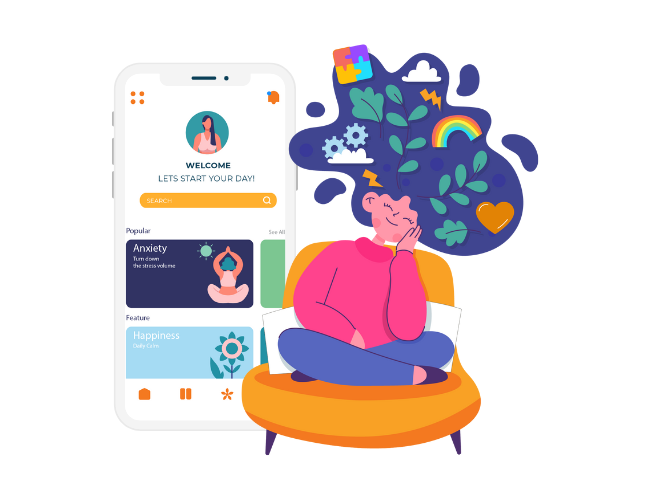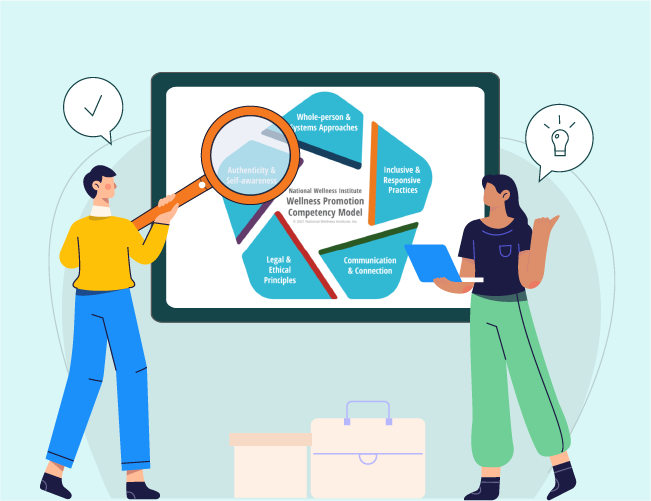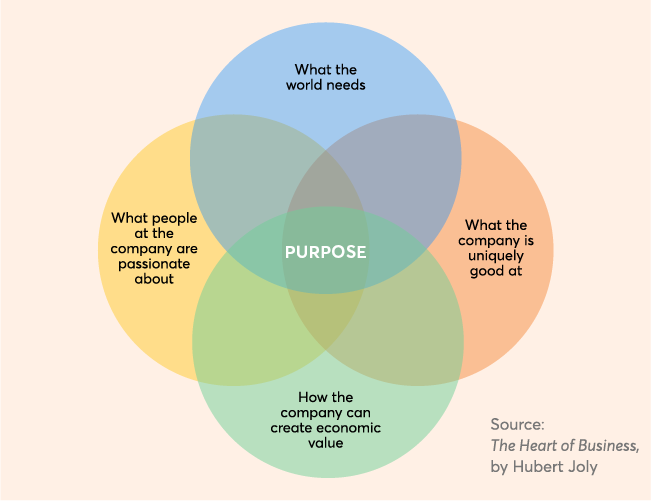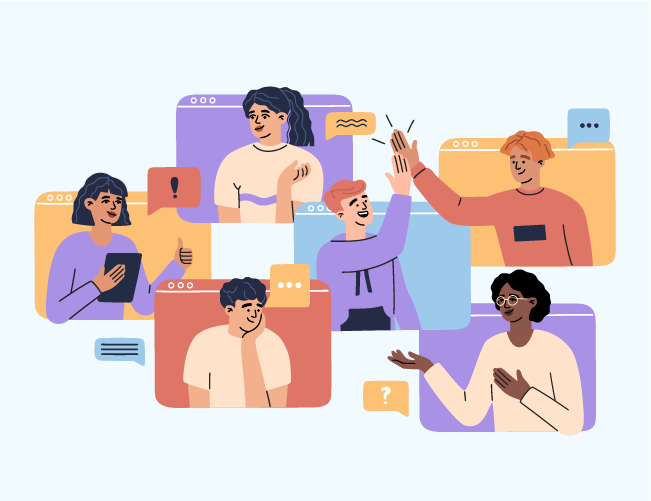According to a recent Massachusetts Institute of Technology (MIT) report, artificial intelligence (AI) and organizational culture can form a mutually beneficial relationship. Researchers found that when properly utilized, AI can help organizations strengthen their cultures and that strong cultures can help companies make more effective use of AI.
These encouraging findings are likely to tempt many companies into expanding their suite of AI tools. However, leaders who hope to reap the benefits of this symbiotic relationship must proceed with caution, as the positive feedback loop between AI and culture forms only under specific conditions.
AI’s Impact On Culture
Enhanced Competitiveness And Efficiency
The immediate attraction of AI is its ability to help companies solve problems with far greater speed and accuracy. A striking example comes from Moderna, who used AI to develop their messenger RNA (mRNA) COVID-19 vaccines. Dave Johnson, Chief Data and Artificial Intelligence Officer at Moderna states:
One of the big bottlenecks was having this mRNA for the scientist to run testing. […] So, we put in place a ton of robotic automation and a lot of digital systems and process automation and AI algorithms as well. And we went from maybe about 30 mRNAs manually produced in a given month to a capacity of about a thousand in a monthlong period, without using significantly more resources, and which much better consistency and quality.
When examining the conditions under which AI improves culture, MIT researchers found that many of the cultural benefits (e.g., increased morale or enhanced collaborative behaviors) stemmed from AI’s ability to maximize efficiency and give companies a competitive edge. They state:
Using AI not only directly improved efficiency and decision quality but indirectly changed team culture through its effects on confidence, clarity, and morale. […] Many respondents who saw improvements in efficiency and decision quality because of AI also saw team-level improvements in morale (79%) and other cultural areas.
Importantly, MIT’s team was able to identify specific ways of utilizing AI that intensify its impact on efficiency, and therefore, on culture. They found that:
Respondents who agreed that they are using AI primarily to explore new ways of creating value were 2.5 times more likely to agree that AI is helping their company defend against competitors and 2.7 times more likely to agree that AI is helping their company capture opportunities in adjacent industries.
As a result, companies that use AI for more exploratory purposes are likely to receive stronger cultural improvements than those who use AI primarily to improve existing processes.
Heightened Awareness Of Values
AI relies on algorithms to make predictions. To form and refine these algorithms, some AI systems compare their guesses against large datasets which contain the “correct” answers in a process known as machine learning.
The answer sheets that AI practices on are often saturated with the biases of the individuals that created them. As AI systems adjust their algorithms to generate answers that match these data sets, their algorithms become infused with bias.
The process of understanding and adapting to these biases can help companies reflect on and improve their values. As JoAnn Stonier, Chief Data Officer at Mastercard, states:
We understand that data sets are going to have all sorts of bias in them. […] I think we can begin to design a better future, but it means being very mindful of what’s inherent in the data set. What’s there and what’s missing? These discussions help [companies] articulate values around which the organization can align.
Culture’s Impact On AI Adoption
Increased Trust And Understanding
Cultures can vary in terms of their beliefs, attitudes, and behaviors regarding AI use. Some cultures welcome AI with open arms, while others adopt it reluctantly due to widespread mistrust of the technology. The former is far more likely to extract significant benefits by utilizing AI.
Despite the importance of having an AI-friendly culture, transitioning from a culture characterized by a general mistrust and fear of AI to one full of confidence and optimism is easier said than done. As Chris Couch, Senior Vice President and Chief Technological Officer at Cooper Standard, says, “changing the culture to make full use of AI across the enterprise is both necessary and difficult.”
With that said, leaders of AI-forward companies have identified ways of cultivating AI-friendly cultures. For example, Paul Pallath, Head of Data, Analytics and Artificial Intelligence at Levi Strauss & Co. emphasized the importance of increasing employee understanding of AI through courses and boot camps. As employees learn more about how AI works, its processes become less mysterious, and as a result, workers become more confident and comfortable utilizing it.
Takeaway
AI and culture can bring out the best in each other. However, to ensure that this symbiotic relationship forms, leaders must:
- Use AI to explore new ways of creating value rather than improving old processes.
- Openly discuss potential biases and reflect on company values.
- Offer educational resources that helps employees understand how AI works, what its potential benefits are, and where its limitations lie.












